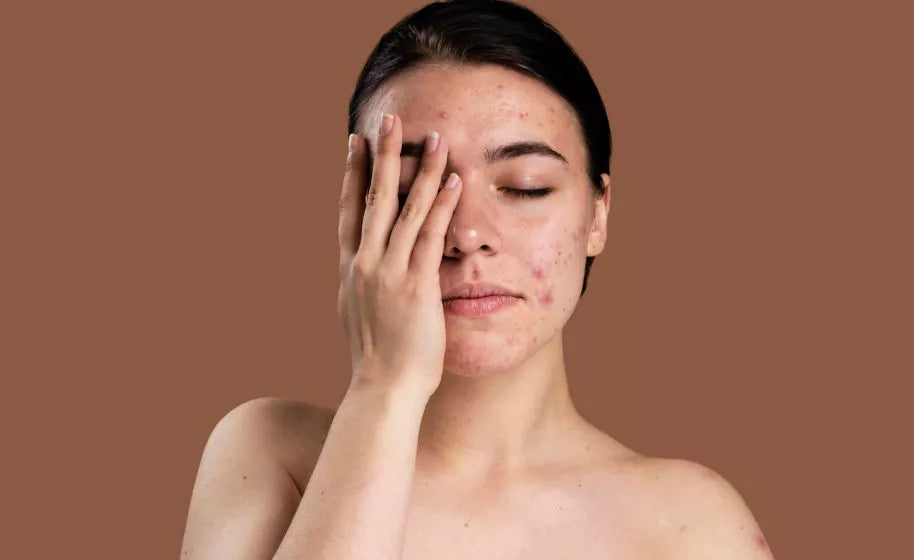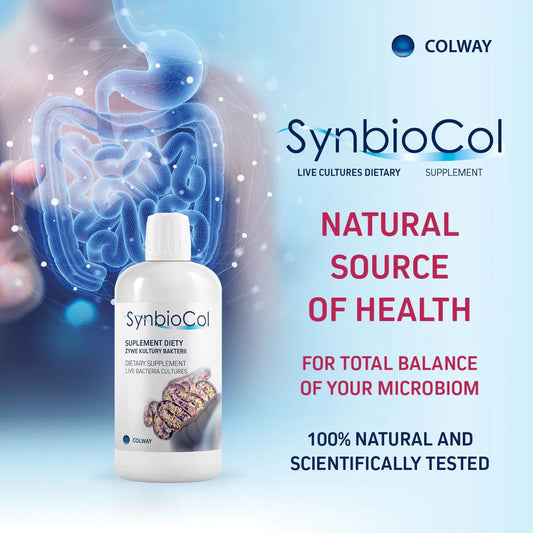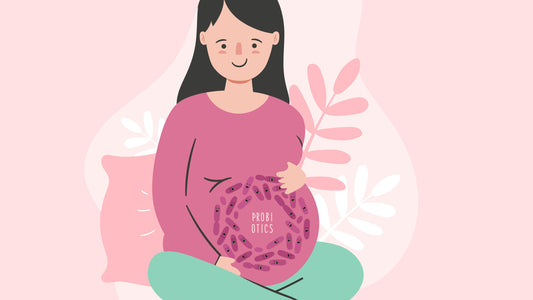5 unexpected side effects on acne medication Accutane
Isotretinoin — the prescription acne pill better known by the now-defunct brand name Accutane — is well-known for its ability to clear severe, treatment-resistant acne. Many patients who take the medicine, typically for a four- to five-month course, experience a prolonged (sometimes permanent) disappearance of their blemishes
Just like any medication, though, isotretinoin can cause side effects, including some that you might not expect — like dry eyes — given that it's a medicine for the skin.
The presence of side effects doesn't mean isotretinoin isn't worth taking. Just about every acne treatment has benefits and drawbacks, and for a lot of acne patients, isotretinoin's side effects are worth the results. This isn't an exhaustive list of possible side effects:
1. Dry skin and chapped lips
Sebum, the oily substance secreted by small glands attached to your hair follicles, keeps skin from drying. But an excess of sebum contributes to acne by making dead skin cells stick together inside pores, promoting to the clogs that lead to zits, according to the American Academy of Dermatology.
One of the ways the isotretinoin fights acne is by dramatically reducing the amount of sebum the skin produces.
This means that dry skin and chapped lips are "almost a guaranteed side effect, of the drug. So it's important for isotretinoin patients to slather their skin and lips in moisturizers and emollients. Some cases, however, may require extra intervention.
2. Dry eyes
Isotretinoin can dry out your eyes, too. Isotretinoin can affect the Meibomian glands— tiny glands along the eyelid that secrete an oily, lubricating substance. That's why the medicine may cause dry eyes, too.
Some patients that are on isotretinoin might find that their eyes are too dry to even use contact lenses because they don't have that proper lubrication.
3. Nosebleeds
A dry nasal mucosa may lead to nosebleeds.
Isotretinoin can also have a drying effect on your nasal mucosa — a.k.a. the tissue that lines your nasal cavity. That dryness may result in nosebleeds.
Your mucosal skin is just like your regular skin, it's just slightly different in its structure," Suozzi said. "[Isotretinoin] affects the thickness of the skin and how it matures. And so the barrier is thinned a bit, which can also contribute to its fragility. The reason you get nosebleeds is because of that dry nasal mucosa.
4. Thinner, more fragile nails
You might see a temporary change in your nails.
As previously explained your nails could temporarily become thinner and more fragile during the course of treatment, too.
"Think about the nails as an appendage of your skin," she said. "The area that makes the nail, called the nail matrix, is a type of epithelial tissue just like your skin. So it's all potentially affected [by isotretinoin]."
5. Thinning hair
Hair thinning on isotretinoin is typically mild.
It's also possible to experience some hair thinning while on isotretinoin. But this effect is typically mild and goes away once the medication is stopped.













